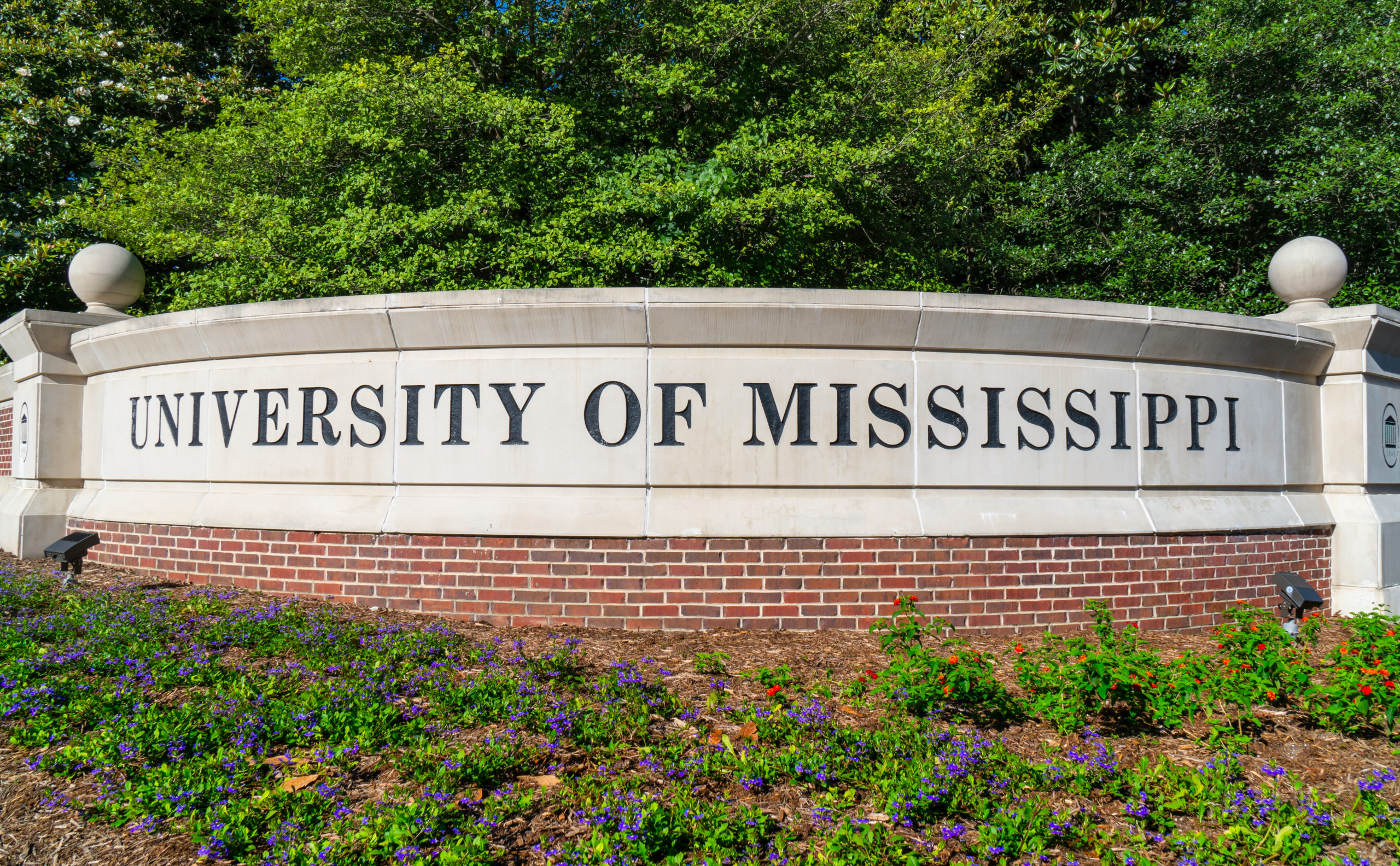Connect with us
Published
2 years agoon

The University of Mississippi (UM) School of Pharmacy will soon explore the potential for cannabis to reduce HIV-related pain, through a $1.37-million grant awarded by the National Institute on Drug Abuse (NIDA).
Assistant Professors of Pharmacology Nicole Ashpole and Jason Paris and Director of Marijuana Project Mahmoud ElSohly are screening and identifying cannabis compounds that potentially hold anti-inflammatory, pain-relieving effects.
“Our preliminary data suggests that some of the non-psychoactive compounds in cannabis can reduce inflammation in the central nervous system and HIV-related pain using vivo models,” Paris said.
Ashpole pointed to the numerous compounds in cannabis, aside from THC and CBD, and the untapped potential of those compounds and their potential effect on the human body.
“By exploring the effects of these compounds against HIV pain, we can gain insight into their potential benefits or risks in numerous other inflammatory disease states,” Ashpole said.
The University of Mississippi has provided standardized products for research through a competitive contract with NIDA for more than 50 years, according to Ole Miss. University researchers first began working with cannabis in 1968, before the Controlled Substances act made cannabis a Schedule I drug and prior to the establishment of NIDA.
“Our research capability, our expertise, our knowledge in the areas of cannabis chemistry and production, our personnel and facilities – everything reflects our deep commitment to excellence in cannabis research,” ElSohly said. “We are proud of the work we have done and continue to do as this field of research continues to grow.”
UM manufactures Good Manufacturing Practice cannabis extracts and standardized cannabis through bulk plant material and various THC and CBD, supporting researchers across the nation exploring cannabis use and public health. They also use placebo material containing no cannabinoids.
The school’s marijuana project exists as a long-standing effort of the UM School of Pharmacy’s National Center for Natural Products Research (NCNPR), aiming to study all aspects of the cannabis plant as part of its comprehensive program of natural products research.
In addition to the new study addressing HIV pain, the University is actively working on other cannabis research, including a study of long-term safety and effectiveness of a cannabis-derived drug to treat seizures in children.
The CBD-rich extract was derived from cannabis grown at the UM School of Pharmacy’s NCNPR, and the two-year extension will allow further study of the clinically tested durg product in new trial participants, along with children already participating.
“The School of Pharmacy has a long-standing expertise in cannabis-related research,” Ashpole said. “I feel very fortunate to be in an environment that is recognized as a stronghold in this field, and I’m delighted to think our ideas can continue to expand the research program here at the university.”
While there have already been myriad studies surrounding cannabis treatments for pain, the research surrounding HIV-specific pain and symptoms is still growing.
A 2005 clinical trial published by the Journal of Pain and Symptom Management found that up to one-third of HIV-positive individuals in an anonymous, cross-sectional questionnaire study reported using cannabis for treating their symptoms. Patients reported improved appetite (97 percent), muscle pain (94 percent), nausea (93 percent), anxiety (93 percent), nerve pain (90 percent), depression (86 percent) and paresthesia (85 percent).
“So far, in terms of HIV, the evidence for therapeutic efficacy of cannabinoids is still mainly anecdotal,” the authors said, citing the accumulating evidence suggesting cannabinoids have therapeutic applications in a variety of neurodegenerative diseases, like multiple sclerosis, Huntington’s disease and brain injury.
They cite the results of the study as not standardized and call for more research.
“These results will be important in the design of a randomized, placebo-controlled clinical trial comparing conventional treatments to cannabis for symptoms of HIV,” the study concluded.


You Don’t Understand the Difference Between Decriminalizing and Legalizing, Do You?


North Dakota Committee Files Ballot Measure To Legalize Adult-Use Cannabis


California County Mulls Reduction To Cannabis Cultivation Tax


Cheech and Chong Become Newest Operators in Call of Duty


Manage Your Munchies: This Year’s Top 420 Meal Deals


New York Cannabis Control Board Approves 101 New Adult-Use Licenses
